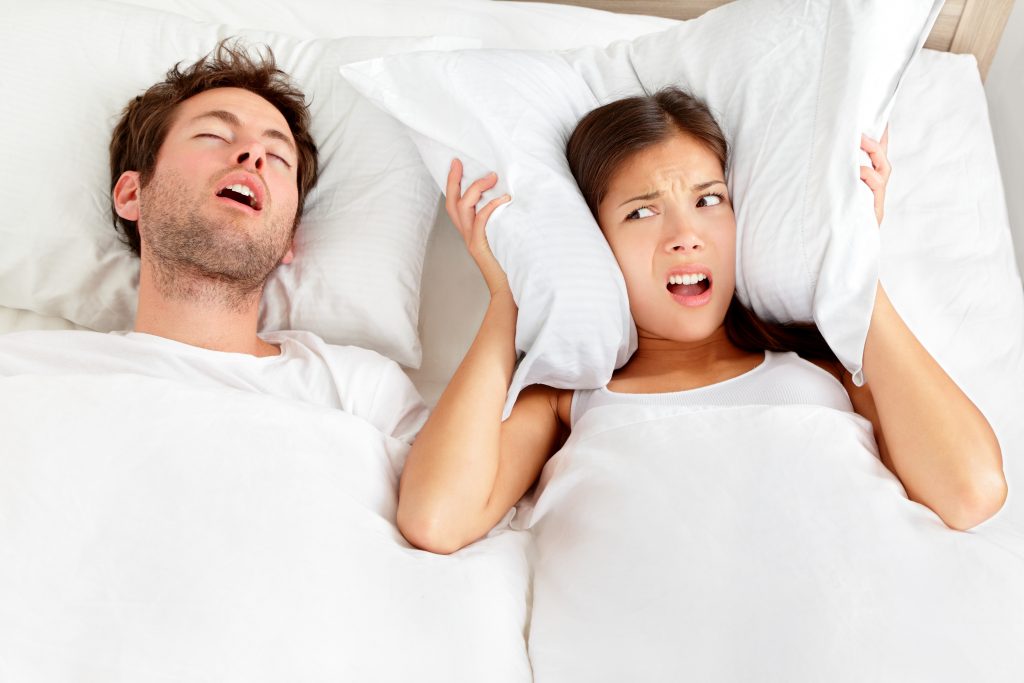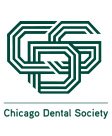
Snoring, tossing, turning, waking up throughout the night and feeling tired after a full eight hours of sleep. Can you relate? Or do you know someone who is tired of feeling tired? Sleep apnea is on the rise. Most recent statistics have revealed that 22 million Americans suffer from obstructive sleep apnea.
That means one out of every five people are suffering from the common condition. But does treatment always mean a life long sentence of wearing a CPAP machine strapped to your face? We have good news, Dental Design offers noninvasive custom appliances to treat mild to moderate sleep apnea.
What is Sleep Apnea?
Sleep apnea is a common sleep disorder where a person stops breathing repeatedly while they are sleeping. It is caused by a physical obstruction to the airway. Furthermore, the soft tissue and muscles of the mouth relax and fall back into the airway. The disruptions in breathing are usually around 10 seconds long. Gasps, snorts or choking sounds occur until normal breathing resumes. When sleep cycles are interrupted in people with sleep apnea they have less energy, reduced memory and concentration. Sleep apnea negatively affects overall well being.
Side Effects of Sleep Apnea
- Headaches
- Fatigue
- Heart Failure
- High Blood Pressure
- Diabetes
- Stroke
- Irritability
- Depression
Treatment For Sleep Apnea
If you suspect sleep apnea you should first see your primary care physician (PCP) to discuss symptoms. Your PCP will most likely order a sleep study to determine the severity and discuss treatment options. For patients with severe obstructive sleep apnea a continuous positive airway pressure (CPAP) machine is almost always recommended. CPAP devices are highly effective in supplying the oxygen needed to keep the airway open and insure a quality night’s sleep.
Patients with mild apnea may consider lifestyle changes like losing weight, abstaining from alcohol, modifying sleep positions and stopping smoking before they opt for a medical device. A dental appliance is effective in those diagnosed with mild to moderate sleep apnea. The most common appliance is called a mandibular advancement device.
Benefits of a Dental Appliance
A mandibular advancement device is similar to a clear fitted retainer for the upper and lower teeth. It is connected with an adjustable hinge that gently pushes the lower jaw forward allowing for more room in the back of the mouth. When the lower jaw is in a forward position the tongue is less likely to fall back and collapse into the airway.
- The custom dental device is more comfortable and tolerable than wearing a CPAP machine.
- Unlike a CPAP, oral devices do not dry out the nasal passages or sinuses.
- Dental devices are less bulky and are easier to travel with than a CPAP machine.
Finally, if you are tired of waking up tired, or know you snore, talk with your dentist today. Patients quickly adapt to wearing a dental appliance. In addition, they report no snoring, better quality sleep and improved mood within a day or two of getting their custom appliances. There is no need to suffer, without delay, call us today to discuss treatment options.




